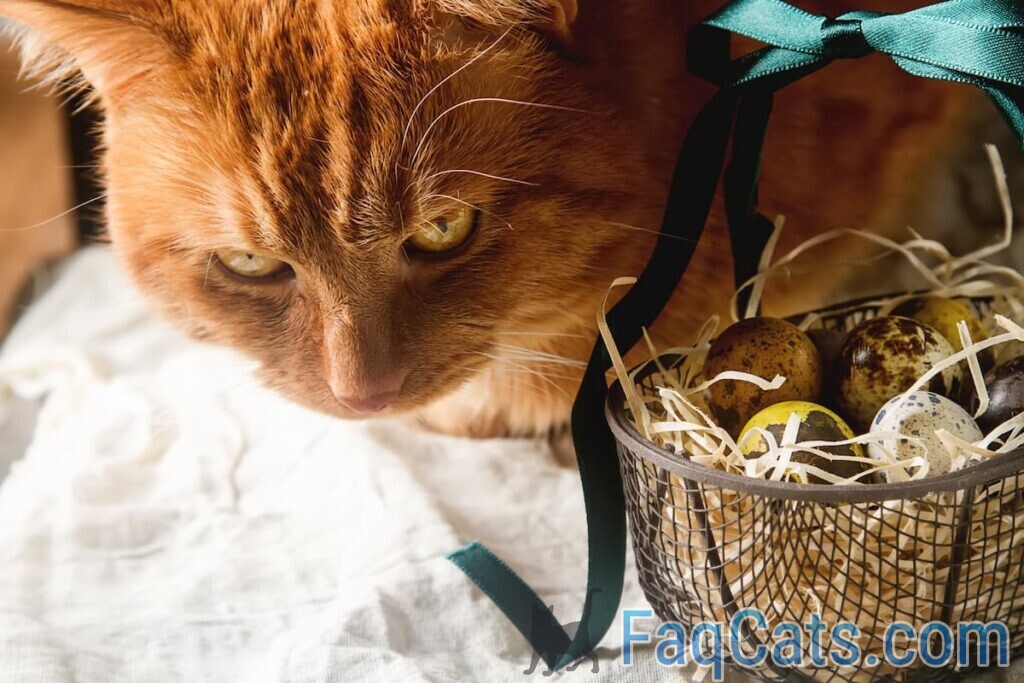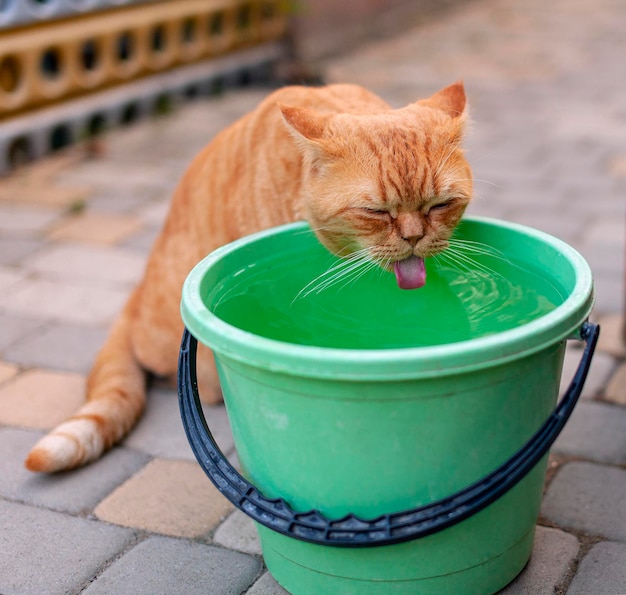Cats are known for their curious nature and their tendency to explore different types of food. As a cat owner, it’s important to be aware of what foods are safe for your feline friend to consume. One such food that may pique your interest is quail eggs. In this article, we will delve into the question of whether cats can eat quail eggs and explore the potential benefits and risks associated with feeding them to your furry companion.

Can Cats Safely Consume Quail Eggs?
Quail eggs are small, nutrient-dense eggs that are often considered a delicacy in many cuisines. While they are safe for human consumption, it’s essential to evaluate whether they are suitable for cats as well. Cats have specific dietary requirements, and not all human foods are suitable for their consumption.
The Nutritional Value of Quail Eggs
Quail eggs are packed with essential nutrients that can benefit both humans and animals. They are an excellent source of protein, vitamins, and minerals. These tiny eggs contain high levels of vitamin B12, selenium, and choline, which are vital for maintaining a healthy body. Additionally, quail eggs are low in calories and fat, making them a potentially healthy addition to a cat’s diet.
Potential Benefits of Quail Eggs for Cats
Feeding quail eggs to your cat in moderation may offer several potential benefits. The high protein content can support muscle development and repair. The vitamins and minerals present in quail eggs can contribute to a strong immune system and overall well-being. Furthermore, the low-calorie nature of these eggs makes them a suitable option for cats that require weight management.
Risks and Considerations
While quail eggs can provide nutritional benefits, it’s crucial to consider potential risks and limitations. Cats have unique dietary needs, and introducing new foods should be done with caution. Some cats may have allergies or sensitivities to eggs, including quail eggs. It’s essential to monitor your cat for any adverse reactions, such as vomiting or diarrhea, after consuming quail eggs. Additionally, moderation is key, as excessive consumption of any food can lead to digestive issues.
How to Introduce Quail Eggs to Your Cat’s Diet
If you decide to incorporate quail eggs into your cat’s diet, it’s important to do so gradually. Start by offering a small portion and observe your cat’s response. If there are no adverse reactions, you can continue to include quail eggs as an occasional treat or as part of a balanced meal. Remember to cook the eggs thoroughly to eliminate the risk of bacterial contamination.
Conclusion
In conclusion, cats can safely consume quail eggs in moderation. These tiny eggs offer a range of essential nutrients that can benefit your feline friend’s overall health. However, it’s crucial to introduce them gradually and monitor your cat for any adverse reactions. As always, consult with your veterinarian before making any significant changes to your cat’s diet.
FAQs
-
Are quail eggs safe for cats to eat?
Quail eggs can be safe for cats to eat in moderation. However, it’s important to monitor your cat for any adverse reactions and consult with your veterinarian before introducing them to their diet. -
Can cats be allergic to quail eggs?
Yes, some cats may have allergies or sensitivities to eggs, including quail eggs. It’s important to observe your cat for any signs of allergic reactions and discontinue feeding them if necessary. -
How often can I feed quail eggs to my cat?
Quail eggs should be fed to cats in moderation. As an occasional treat or part of a balanced meal, they can be offered once or twice a week, depending on your cat’s individual dietary needs. -
Should I cook quail eggs before feeding them to my cat?
Yes, it is recommended to cook quail eggs thoroughly before feeding them to your cat. Cooking eliminates the risk of bacterial contamination and ensures the eggs are safe for consumption. -
What are the potential benefits of quail eggs for cats?
Quail eggs are a good source of protein, vitamins, and minerals. They can support muscle development, boost the immune system, and contribute to overall well-being in cats when consumed in moderation.

